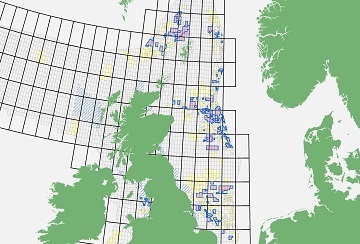The development of the giant Rosebank and Cambo oil fields west of the Shetland Islands would save 17 million tonnes of CO2 emissions over their projected lifetimes compared to the equivalent amount of imported oil and gas, according to Malcolm Forbes-Cable, Vice President of Energy Consulting (Upstream, EMEA) at Wood Mackenzie.
In a presentation given at the DEVEX conference in Aberdeen, Forbes-Cable told delegates that alongside the lower emissions compared to imports, Rosebank and Cambo would contribute as much as £40 billion of gross value add (GVA) to the UK economy and create 900 long-term jobs.
“The UK plays a critical role in the integrated European energy market and these developments would seek to reduce the need for the UK to import carbon intensive alternatives,” said Forbes-Cable.
“From an economic perspective, the business-case for the development of these two fields is compelling and there is the added benefit of the additional energy security it would bring to the UK …
“With final investment decisions looming … both Rosebank and Cambo act as barometers for the future of oil and gas production in the UK North Sea.
“If neither of these fields go to full development, it will be difficult to make a clear economic case for fields with less potential.”
Wood Mackenzie said that according to its Emissions Benchmarking tool, UK oil and gas production has materially lower emissions than imports.
“This would mean the additional emissions from imports would be 500% more than the hydrocarbons from an electrified Rosebank and Cambo,” said Wood Mackenzie.
The Rosebank field is located 130 kilometres west of the Shetland Islands. The operator is Norway’s Equinor and the field has estimated reserves of 300 million barrels. A final investment decision is expected in Q3 of 2023.
The Cambo field is located 125 kilometres west of the Shetland Islands. The operator is the UK-listed Ithaca Energy and the field has estimated reserves of 150 million barrels. A final investment decision is expected to follow Rosebank.
